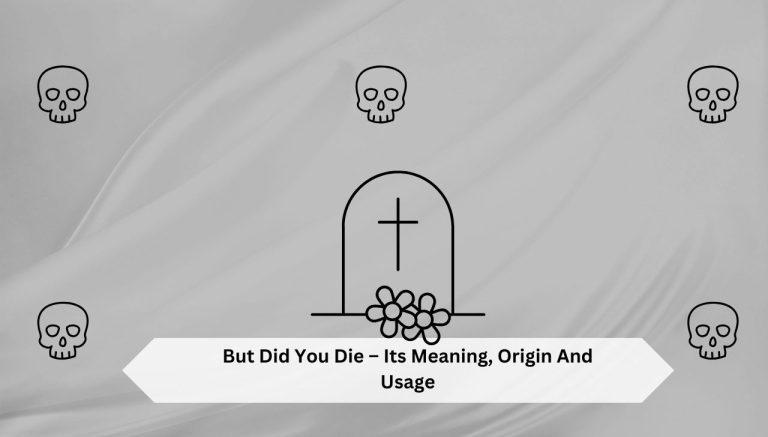Is industrial psychology better or counseling psychology?
Choosing a career in psychology can be both exciting and overwhelming, especially when deciding between fields like industrial psychology and counseling psychology. While both branches aim to improve human well-being, their focus areas and day-to-day work differ significantly. Industrial psychology, often called industrial-organizational psychology, applies psychological principles to workplace challenges to boost employee performance and organizational success. In contrast, counseling psychology is dedicated to helping individuals navigate personal challenges and improve their mental health through therapeutic support. This post will explore the differences, educational paths, and career opportunities in these two fields to help you determine which might be the better fit for your interests and goals.
What is Industrial Psychology?
Industrial psychology involves applying psychological principles to workplace settings. Practitioners work on issues such as employee selection, training, motivation, and organizational development. They often work in corporate environments, human resources, or consulting firms. Typical tasks include conducting employee assessments, designing training programs, and improving workplace culture, degrees in industrial-organizational psychology usually range from bachelor’s to doctoral levels, with advanced degrees often required for specialized roles.
What is Counseling Psychology?
Counseling psychology centers on supporting individuals through psychological counseling and therapy. Professionals help clients manage stress, overcome mental health issues, and improve relationships. They work in various settings, including private practice, schools, hospitals, and community organizations. Counseling psychologists typically hold a doctoral or a master’s degree in counseling or a related field. Licensure and ongoing training are essential for clinical practice.
Comparing Industrial and Counseling Psychology
When comparing the two fields, several factors stand out:
- Job Outlook: Both fields offer strong career prospects, though industrial psychology jobs may be more prevalent in corporate sectors, whereas counseling psychology positions are commonly found in healthcare and social services.
- Work Settings: Industrial psychologists work primarily in offices and boardrooms, often collaborating with management, while counseling psychologists spend significant time in therapy sessions.
- Skills Needed: Industrial psychologists benefit from skills in data analysis, organizational behavior, and human resources, while counseling psychologists need strong interpersonal, active listening, and empathy skills.
- Salary Expectations: Salaries vary widely depending on location, experience, and education, but industrial psychologists generally command higher average salaries due to corporate demand.
Tips for Choosing Between Industrial and Counseling Psychology
- Reflect on personal interests: Do you prefer working with organizations and systems, or directly with individuals?
- Research degree programs carefully: Look for accreditation, faculty expertise, and internship opportunities.
- Gain experience through internships, volunteering, or part-time roles in both fields if possible.
- Network with professionals in both areas through social media, professional organizations, and informational interviews.
- Consider long-term career goals, including preferred work settings, salary expectations, and opportunities for advancement.
Conclusion
Deciding between industrial psychology and counseling psychology ultimately comes down to where your passions lie, whether in enhancing workplace dynamics or providing direct support to individuals facing personal challenges, both fields offer meaningful and impactful careers, each with unique educational requirements and work environments. By understanding the distinctions and reflecting on your own strengths and aspirations, you can make an informed decision that aligns with your professional dreams. Take the next step by researching accredited programs and connecting with professionals in each field to gain deeper insights and chart a confident path forward.







